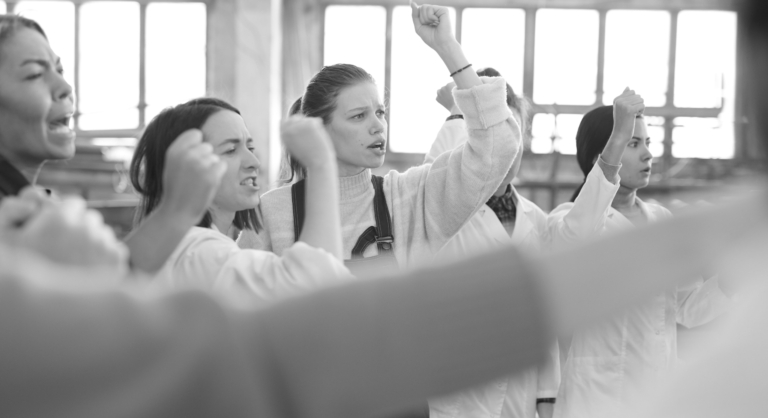Client Alert: NLRB Modifies Rule Governing Off-Duty Workplace Access for Employees of Contractors
On December 16, 2022, the National Labor Relations Board (“NLRB”) released an opinion (Bexar County II, 372 NLRB No. 28) limiting the ability of property owners to lawfully remove employees of their on-site contractors who are engaging in union activity on the property, such as protesting or leafletting.
In 2019, the Trump-era NLRB issued a ruling (Bexar County I, 368 NLRB No. 46) allowing property owners to prohibit contractor employees from protesting on their property unless “(i) those employees work both regularly and exclusively on the property and (ii) the property owner fails to show that they have one or more reasonable non-trespassory alternative means to communicate their message.”
Last week, the current NLRB reversed this decision and implemented a standard that is more favorable to the rights of the contractor employees. That is, to limit access to their property, the property owner must now demonstrate that (i) the protected activity “significantly interferes” with the owner’s use of their property; or (ii) the exclusion is justified by another legitimate business reason, such as an interference with its operations or production.
Notably, this standard affords more latitude to contractor employees seeking to engage in protected activity at their worksites and significantly shifts the burden to the property owner to demonstrate that the exclusion of such contractor employees is justified.
In support of this decision, NLRB Chairwoman Lauren McFerran noted, “[f]or contractor employees, the right to exercise their Section 7 rights at their workplace – where they interact with their coworkers and are most impacted by their employer’s decisions – is critical to making the protections of the Act a reality.”
We will monitor for any updates on this new standard. If you have any questions, please contact your Bowditch attorney.
Categorized: Policies, Union Activity
Tagged In: contractor employees, National Labor Relations Board, protected activity, union activity





